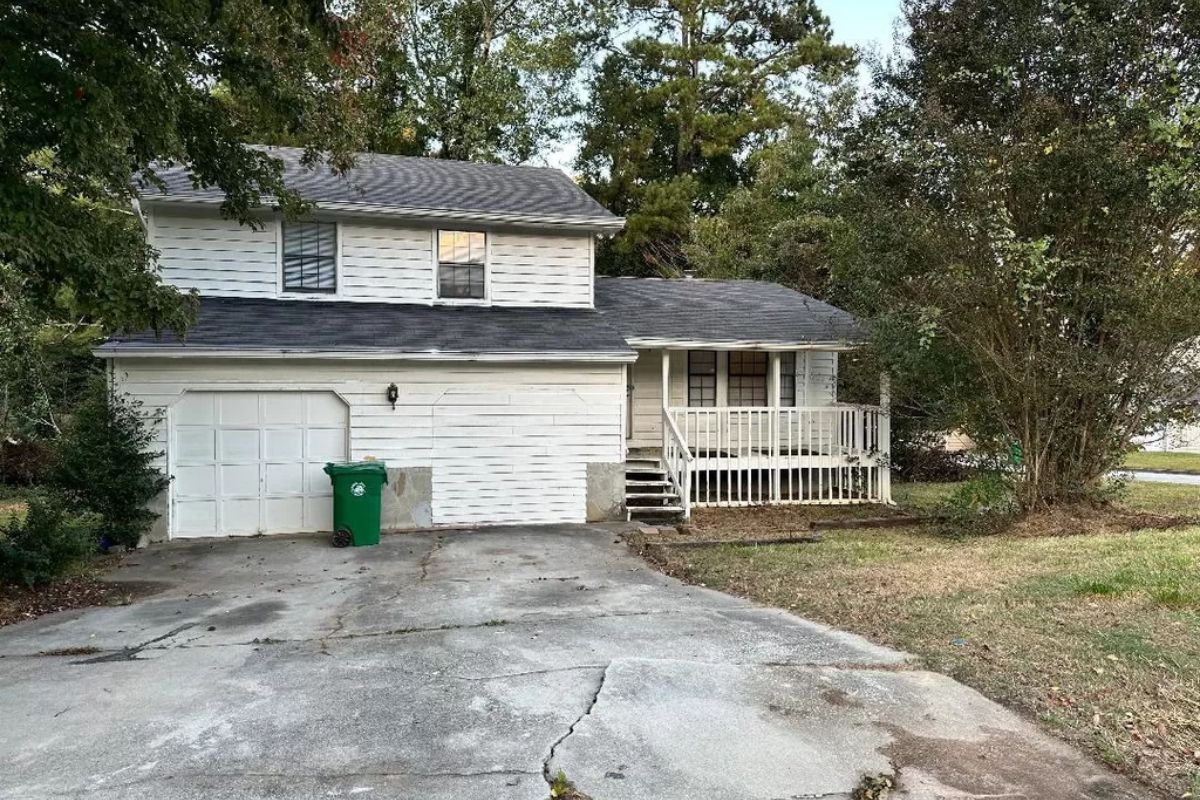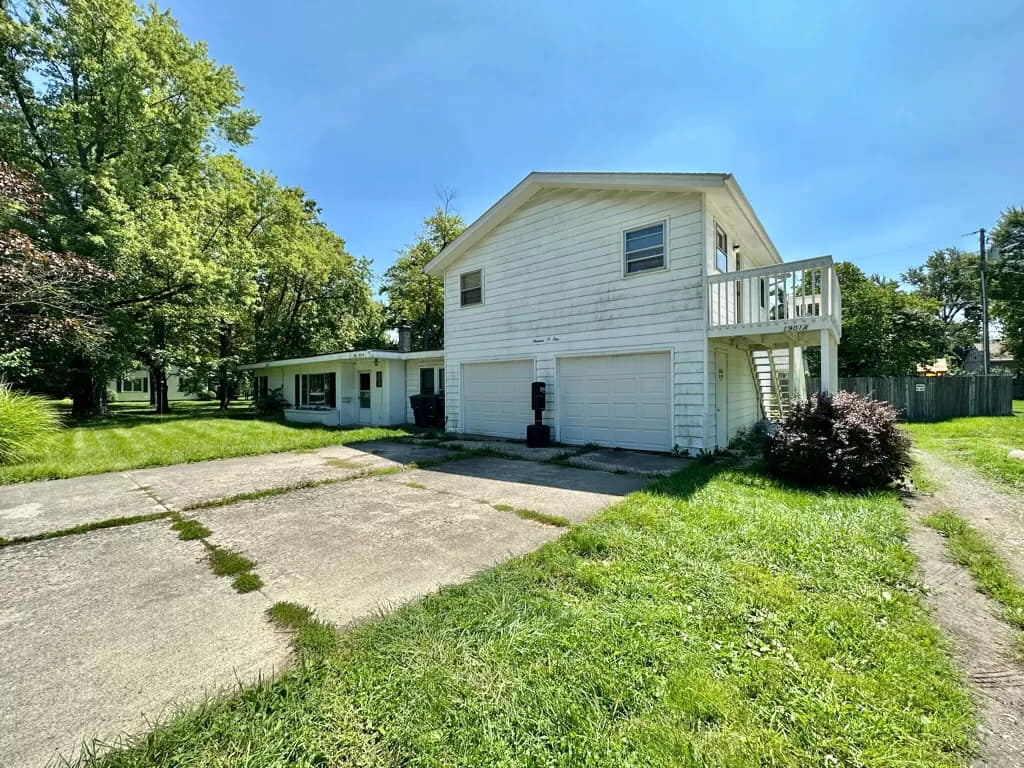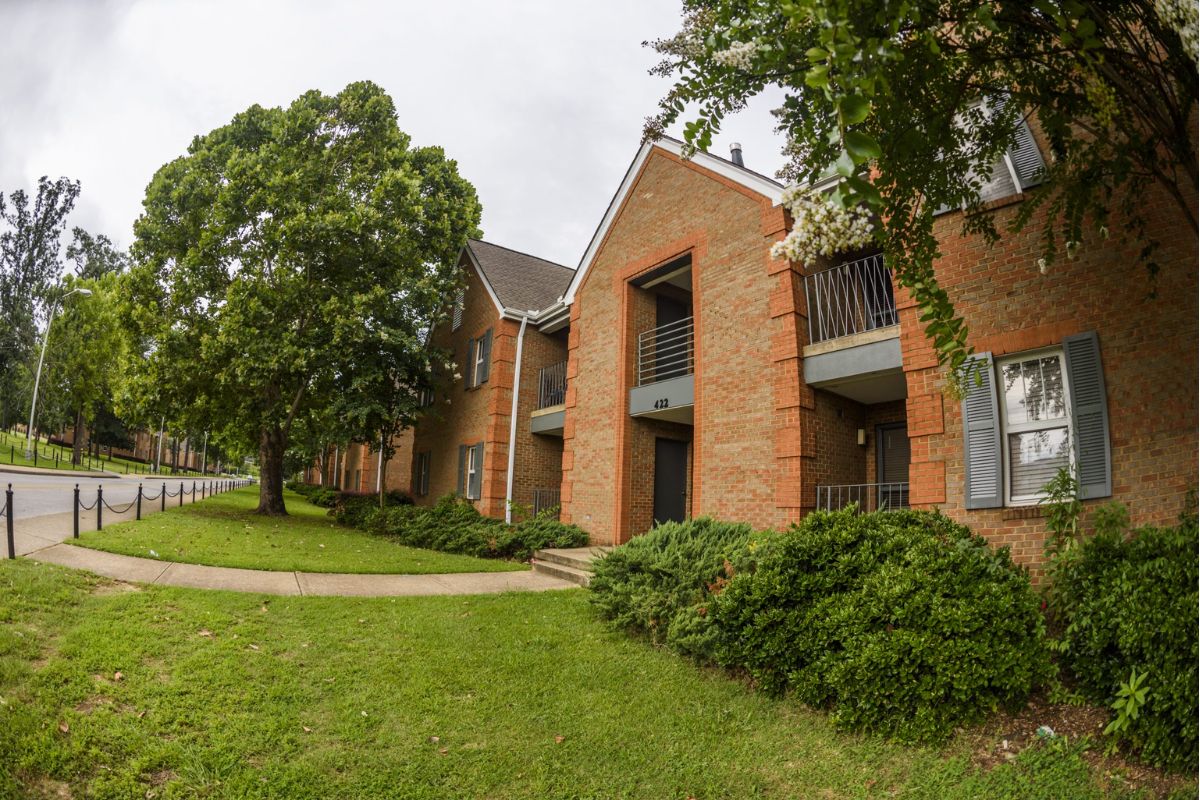Are you struggling to find private owners that accept Section 8 vouchers for affordable rental homes? The Housing Choice Voucher Program, also known as Section 8, can be an invaluable resource for low-income individuals and families searching for rental homes.
In this article, we'll provide you with a comprehensive guide on how to find private owners that accept Section 8. We'll start by discussing the importance of contacting your local PHA or HUD office, asking for recommendations, and searching rental websites. Additionally, we'll cover the program's basics, including financial requirements, how it works, and the responsibilities of private landlords and renters. So, if you're looking to navigate the Section 8 program and locate rental homes that meet your needs and budget, read on to discover how to find private owners that accept Section 8.
What is Department of Housing and Urban Development in USA?

The U.S. Department of Housing and Urban Development (HUD) offers the Housing Choice Voucher Program, commonly known as Section 8, to assist low-income individuals and families in affording rental homes, including apartments, townhouses, and single-family houses.
The program is administered by a public housing agency (PHA), which provides eligible renters with a voucher to help cover a portion of their monthly rent. However, it's the responsibility of the low-income families to find rental homes and private landlords who accept Section 8 vouchers.
Landlords who choose to accept Section 8 vouchers receive a payment from the Public Housing Agency (PHA) on behalf of the participating renter. The renter is responsible for paying the remaining amount not covered by the voucher.
The Housing Choice Voucher Program provides advantages to both private landlords and tenants. Landlords receive a voucher that covers fair market rates, ensuring they receive a fair payment for their rental property. Tenants, on the other hand, benefit from the program by having access to rental housing that better aligns with their budget. They have the freedom to select where they want to live and even have the option to move to a new home if necessary.
How do you qualify for Section 8 vouchers?
To qualify for Section 8 vouchers, you must meet certain eligibility criteria set by the public housing agency. The primary factors considered are your household income and the number of people in your family. The program is available to U.S. citizens and certain non-citizen groups.
In terms of financial requirements, your family's income cannot exceed 50% of the median income in your area. Additionally, 75% of housing choice vouchers must be offered to individuals or families with incomes not exceeding 30% of the local median income.
It's important to note that there is often a waiting list to access housing vouchers, which can range from a few months to several years depending on your location. Once you reach the top of the list, the housing authority will contact you to begin the process of finding apartments or rental properties that accept Section 8 vouchers.
Related: Low Income Housing No Waiting List
How to apply for Section 8 vouchers?
To apply for Section 8 vouchers, you should contact your local Public Housing Authority (PHA) or the Department of Housing and Urban Development (HUD) office in your area. The application process requires you to provide personal information, such as your name, Social Security number, and income.
Once you've submitted your application, the PHA will verify your income with your employer to determine your eligibility and the amount of assistance you're eligible to receive. If you're approved, you may be placed on a waiting list until a voucher becomes available.
Once you receive your voucher, you'll need to find a landlord who is willing to accept it. You'll be responsible for paying a portion of the rent, while the voucher will cover the remaining amount.
Related: How To Get Section 8 Immediately
What is the most Section 8 will pay?

The amount that the Section 8 program pays private landlords is determined by several factors, including the typical rent prices in the area. The maximum amount that the Public Housing Authority (PHA) will pay is also determined by the PHA.
The exact amount that the government pays for Section 8 varies depending on the location of the property, but it generally falls between 90 to 110 percent of the fair market rate.
Renters receiving Section 8 assistance are responsible for a portion of the rent, although the exact amount they contribute can vary. Typically, it is either 30 percent of their adjusted monthly income or 10 percent of their monthly gross income, whichever is higher. Renters directly pay their portion to the private landlords who accept Section 8 vouchers.
How Do Section 8 Vouchers Work?
Section 8 vouchers are a federal housing program that assists low-income individuals and families in affording rental homes. Once selected by the Public Housing Authority (PHA), program participants can choose the type of rental that best meets their needs, as long as the property accepts the housing choice voucher and meets program requirements.
There are two types of housing choice vouchers: project-based and tenant-based. Project-based vouchers are used for specific housing developments, while tenant-based vouchers can be used for any home as long as the owner accepts the voucher.
When renters find a suitable property where the private landlord accepts the voucher, they can work out the terms of a lease agreement. The housing and urban development agency then inspects the home to ensure the landlord is charging a reasonable rent amount.
The voucher covers part of the rent amount based on how much renters can afford, while the tenant is responsible for paying the remaining balance. Overall, the Section 8 program offers low-income individuals and families a valuable resource for accessing safe and affordable housing.
How To Find Private Owners That Accept Section 8?
Finding private landlords that accept Section 8 vouchers can be challenging, but there are several steps you can take to make the process easier.
-
Contact your local Public Housing Authority (PHA): Your PHA can provide you with a list of property owners in your area that accept Section 8 vouchers. You can find your local PHA's contact information on the Department of Housing and Urban Development's website by searching for your state.
-
Check with your local HUD office: Your local HUD office can also provide you with information about rentals that accept vouchers. They can also help you apply for the program if you haven't already done so.
-
Ask for referrals: Reach out to friends and family members to see if they know of any private landlords in your area that accept Section 8 vouchers. You can also ask your case manager or social worker if they have any recommendations.
-
Use online resources: Websites like Rentals.com allow you to filter your search to find "income-restricted" rentals. You can also check Allinfohome.com, Craigslist and other online classifieds to see if any private landlords are advertising properties that accept Section 8 vouchers.
-
Attend housing fairs: Many cities and towns host housing fairs where landlords and property managers showcase their available rentals. These events can be a great opportunity to meet with potential landlords and learn more about available properties in your area.
Do landlords have to accept housing vouchers?
Under federal law, private landlords are not required to accept Section 8 vouchers and participate in the program. However, many landlords do accept vouchers because it allows them to rent their properties to low-income people at a fair market rate. The Public Housing Authority (PHA) signs a lease with private landlords and pays a portion of the rent, while tenants are responsible for paying the difference.
Some states have enacted laws that require private landlords to accept Section 8 vouchers. For example, in Connecticut, Maryland, and Massachusetts, landlords cannot refuse to rent to tenants who are eligible for the program. However, these laws vary by state, and it's important to check with your local PHA or housing authority to understand your rights as a voucher holder.
It's also worth noting that even if landlords are not required to accept vouchers, they are still prohibited from discriminating against voucher holders based on their source of income. This means that landlords cannot refuse to rent to a tenant simply because they receive Section 8 assistance. If you believe that you have been discriminated against because of your voucher status, you can file a complaint with your local fair housing agency.
Can Section 8 vouchers be used anywhere?
Section 8 vouchers can be used to rent apartments and houses that meet the federal government's rules and regulations. However, not all private landlords accept Section 8. When landlords accept Section 8, they still screen renters by conducting background and credit checks to learn about their criminal and rental history. The Section 8 program also verifies a renter's income before approving them for the program.
Approval Process
To accept Section 8, private landlords must have their rental properties approved by HUD. This involves submitting a tenancy request that includes the address of the rental property, lease start date, rent amount, and any included utilities. HUD and the local Public Housing Authority (PHA) will inspect the rental property to ensure it meets minimum housing standards.
Lease Agreement and Rent Increases
Private landlords who accept Section 8 must follow the lease agreement, including handling repairs and maintenance as stated in the lease. They can raise the rent for Section 8 apartments and houses but must inform their local HUD office in advance and charge Section 8 renters the same as other renters for comparable apartments. They can only raise the rent once a year.
Tenant Screening
Landlords who accept Section 8 vouchers are still allowed to screen renters by conducting background and credit checks to learn about their criminal and rental history. The Section 8 program also verifies a renter's income before approving them for the program.
Fair Housing Laws
Federal fair housing laws prohibit landlords from discriminating against renters based on race, color, national origin, religion, sex, familial status, or disability. Landlords must comply with these laws when renting a home, including Section 8 rentals. If you believe that you have been discriminated against because of your voucher status, you can file a complaint with your local fair housing agency.





